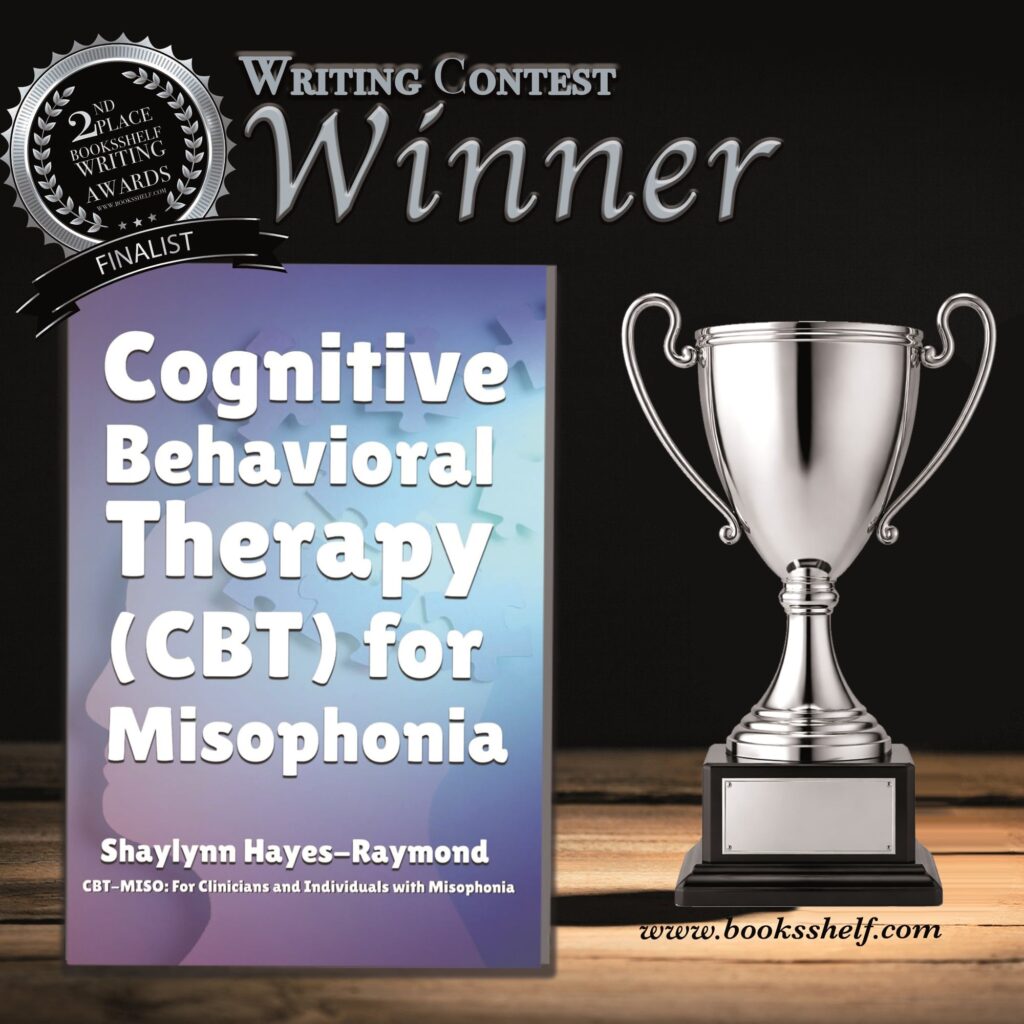
I’m a teenager currently in secondary school and with misophonia. Living with this condition can be hell. Some days are better than others. Some days, I feel like punching the teacher for triggering me and some days I can just try and find my happy place.
I think that for children and teenagers, dealing with misophonia can seem even more difficult because of everything else happening; hormones, exams, friendships, relationships, family problems, etc.
It seems that a lot of teenagers don’t realise what they have and therefore go years before trying to get help. So they live through the problems and fall into a negative cycle they can’t break free from.
Luckily for me, my school and most teachers were fairly understanding. They’ve let me wear earplugs around the hallways (they’re banned, technically) and I’m currently awaiting an appointment with an audiologist. I still wear them in noisy lessons, since teachers don’t notice and I still pay attention. If a teenager with misophonia doesn’t have earplugs, it can be really difficult. I know from experience; it sets you in a bad mood for the rest of the day, it can cause you to say or do things you’ll later regret, it can cause arguments and so on. Despite what I can now do, it did take a long time to get the school to let me wear them. Most teachers would tell me off for wearing them in the corridors. Some teachers didn’t do anything for a long time simply because they knew nothing about misophonia and how it affects people.
Like the majority of doctors, my GP didn’t have a clue what misophonia is. However, my mother made sure to let me see a GP who was very kind and understanding; the same one who dealt with my older sister. I printed off a document from the Misophonia International website, which was essentially an information pack for doctors who have never heard of misophonia. I explained what my triggers were and the symptoms and I showed him a page from the document that explained several ways to get help (coping skills, Audiologist, etc). He did send me to be assessed for ASD (Autism/Aspergers) as well as be referred to an audiologist, although this is taking a long time. Despite all this, he did listen and I was very lucky to have an understanding doctor.
Editor note: you can find a document for doctors/professionals here.
Some teenagers, however, cannot see a doctor. They sometimes believe that their condition may not exist because there’s not enough information about it.
They may not see a point in seeing a doctor if the doctor won’t know anything about misophonia. Their parents and family might not let them see a doctor because, unfortunately, some families simply aren’t very nice or understanding. If this is happening, there are still options.
My basic advice for young people who think they have misophonia is to firstly talk to the school. If you have a pastoral staff member you can talk to, or maybe a headteacher or head of house, you can talk to them. I understand there’s a stigma surrounding misophonia because it isn’t recognised by doctors yet, however if you show them articles or explain the condition to them they should understand.
Secondly is to buy a pair of earplugs. Online, you can get them cheaply at 99 pence. I recommend silicone ones, although you should find a pair that you are comfortable with. If you have long hair, you can hide them easily and you should still be able to hear the teacher but drown out triggers or the noisy classroom.
Thirdly is to have an escape plan. When I was dealing with anxiety at school, I had a green slip of paper that allowed me to walk out of a lesson if it got too noisy. If you have staff that you can talk to about that sort of thing, perhaps SEN (Special Educational Needs) or again, Pastoral, then you can talk to them about allowing you a way of getting out of lesson if you’re being triggered. That way, you can just get out and spend 5 minutes or so calming down and then go back into lesson.
Lastly is to have an assortment of objects with you to fiddle with. If you’re like me and good at restraining your reactions but become very stressed, then an object to fiddle with is perfect. It could be a fidget cube, a pen, a watch, a stress ball, whatever works for you. You can have several or one and keep them in your bags or pockets to try and keep yourself distracted.
Like I said, being a young person with a condition barely recognised by doctors is extremely difficult. Even more so when you’re growing up in a time when the world may seem like it’s going backwards and you have so many other problems going on. Being a teenager is indeed stressful. But you aren’t alone. I hope my story and advice helps at least someone, and helps them realise that you are not alone.








